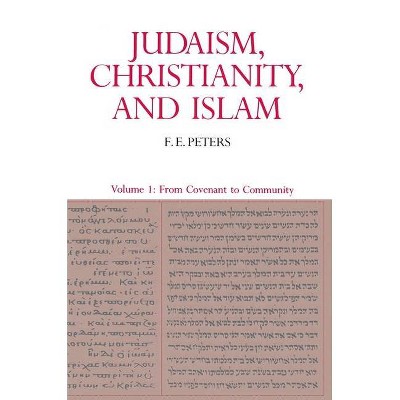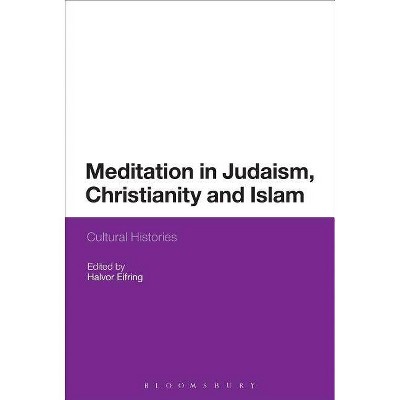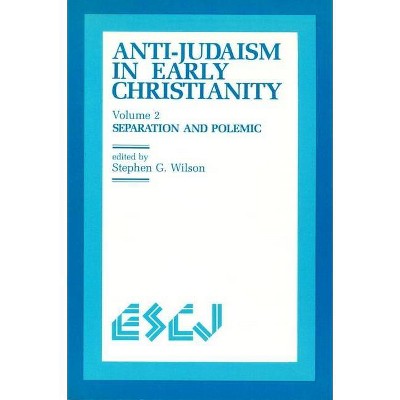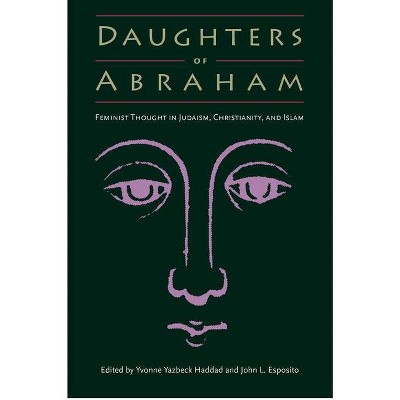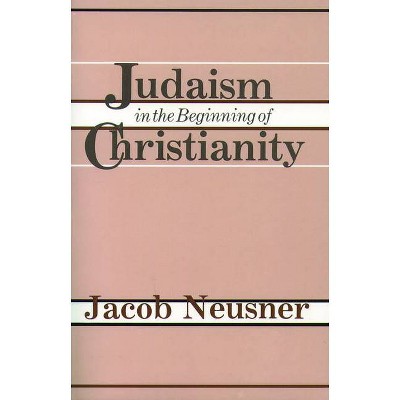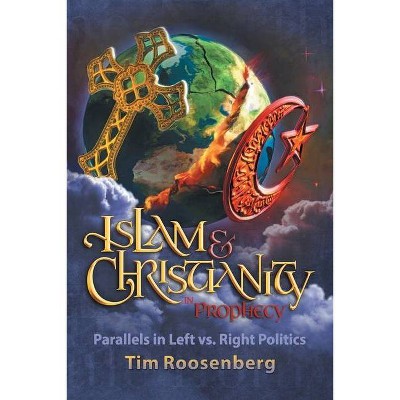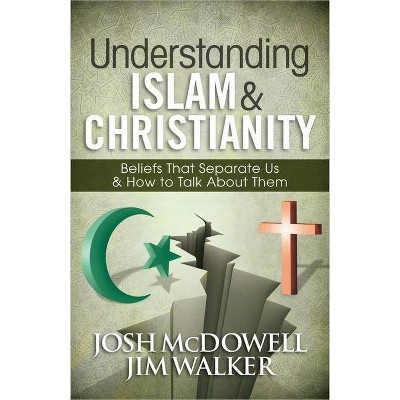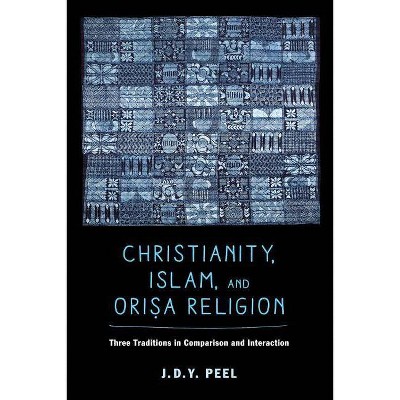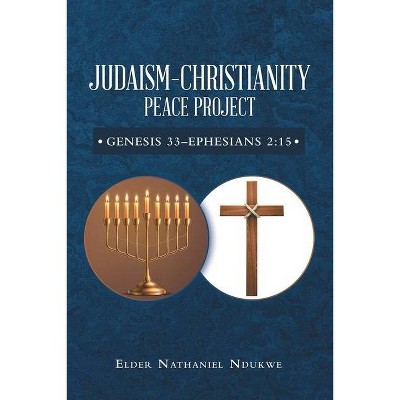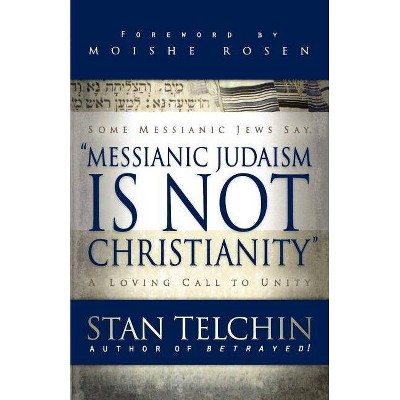Sacrifice in Judaism, Christianity, and Islam - by David L Weddle (Paperback)
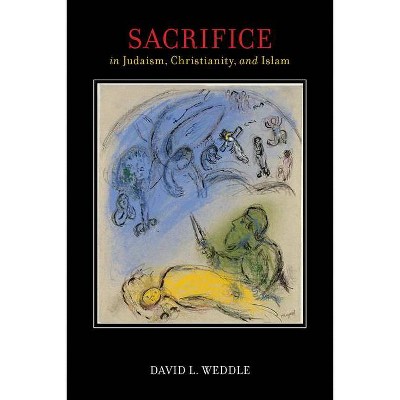
Similar Products
Products of same category from the store
AllProduct info
<p/><br></br><p><b> Book Synopsis </b></p></br></br><strong>An examination of the practice and philosophy of sacrifice in three religious traditions</strong> In the book of Genesis, God tests the faith of the Hebrew patriarch Abraham by demanding that he sacrifice the life of his beloved son, Isaac. Bound by common admiration for Abraham, the religious traditions of Judaism, Christianity, and Islam also promote the practice of giving up human and natural goods to attain religious ideals. Each tradition negotiates the moral dilemmas posed by Abraham's story in different ways, while retaining the willingness to perform sacrifice as an identifying mark of religious commitment. This book considers the way in which Jews, Christians, and Muslims refer to "sacrifice"--not only as ritual offerings, but also as the donation of goods, discipline, suffering, and martyrdom. Weddle highlights objections to sacrifice within these traditions as well, presenting voices of dissent and protest in the name of ethical duty. Sacrifice forfeits concrete goods for abstract benefits, a utopian vision of human community, thereby sparking conflict with those who do not share the same ideals. Weddle places sacrifice in the larger context of the worldviews of Judaism, Christianity, and Islam, using this nearly universal religious act as a means of examining similarities of practice and differences of meaning among these important world religions. This book takes the concept of sacrifice across these three religions, and offers a cross-cultural approach to understanding its place in history and deep-rooted traditions.<p/><br></br><p><b> Review Quotes </b></p></br></br><br>A gripping book that simultaneously serves as an introduction to sacrifice, a proposal for a theory of sacrifice, a nuanced moral critique of sacrifice, and a vibrant study of ideas and practices of sacrifice in the Abrahamic traditions. All these dimensions form one cogent and compelling argument about the meaning and nature of sacrifice. Anyone who has ever wondered why humans sacrifice and why sacrifice is at the heart of so many religions will benefit from reading this book.--Pamela Eisenbaum, Professor at Iliff School of Theology and author of Paul Was Not a Christian<br><br>David Weddle offers fresh insights into the myriad expressions of sacrifice found in the Abrahamic traditions. He grapples with a central dilemma in the study of religion: why do believers so readily embrace and engage in practices that involve some form of self-denial and renunciation? Deftly and cogently, the author illustrates the crucial interdependence between continual acts of sacrifice and formative religious beliefs. This elegantly written work makes a key contribution to theories of religion and human nature, and sheds new light on the practices and meanings of sacrifice in the Abrahamic faiths.--Tazim Kassam, Syracuse University<br><br>Framing his inquiry as a quest for understanding sacrificial motivation across traditions, this ambitious book combines theoretical explanations with historical surveys, finally concluding with moral judgments about the proper role of sacrifice in the contemporary world.--Journal of the American Academy of Religion<br>
Price History
Price Archive shows prices from various stores, lets you see history and find the cheapest. There is no actual sale on the website. For all support, inquiry and suggestion messages communication@pricearchive.us
